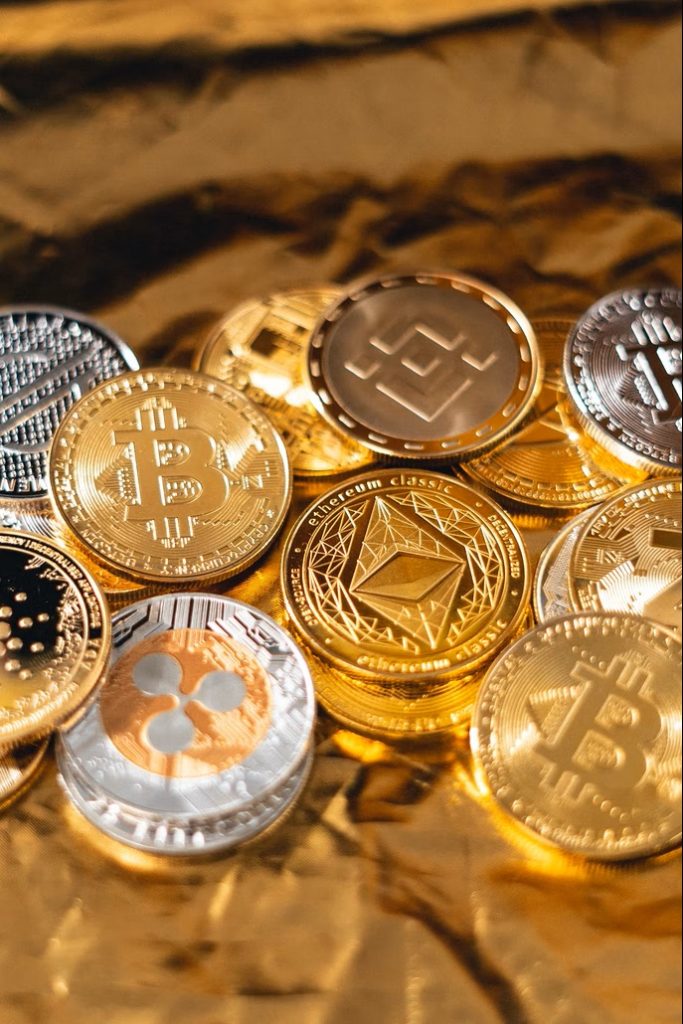Whether you are new to the cryptocurrency world or a seasoned investor, Earnity’s industry leaders, Domenic Carosa and Dan Schatt, believe there is a lot to learn about DeFi — the hot new digital asset everyone is talking about in their finance conversations.
This guide will walk you through the history of DeFi and how you can get involved.
What Does DeFi Mean
DeFi is an abbreviation for “decentralized finance,” a subset of the larger cryptocurrency space. It refers to a class of financial products built on blockchain and governed by smart contracts, such as apps and “protocols” (basically autonomous computer programs). These smart contracts are digital, code-based contracts that self-execute and contain the terms of an agreement. Their functionality enables anonymous parties to conduct trackable but irreversible transactions.
DeFi applications seek to decentralize finance and change the financial industry as we know it to be non-custodial. The non-custodial aspect of DeFi is that the individual retains control over their DeFi coins and tokens, as opposed to how traditional banks and even cryptocurrency loan programs take control of your assets whenever you need to use them to complete a transaction.
What Are DeFi Coins and Tokens
DeFi coins and tokens are frequently used interchangeably in the crypto world. However, while DeFi coins and tokens are very similar, there are significant differences.
A DeFi coin functions similarly to a digital version of a fiat coin in that it transfers value during a financial transaction. DeFi coins depend on and frequently get their names from their native blockchain networks.
On the other hand, DeFi tokens also transfer value, but not always monetary value. For example, you can use utility tokens, like passwords, to access a resource. Additionally, DeFi tokens differ from coins in another way: you can build them on existing blockchain networks.





